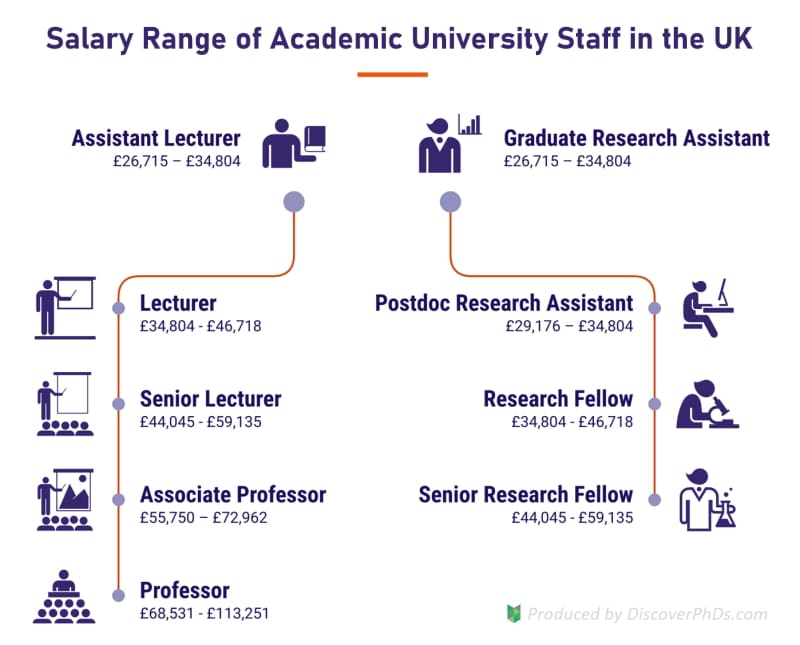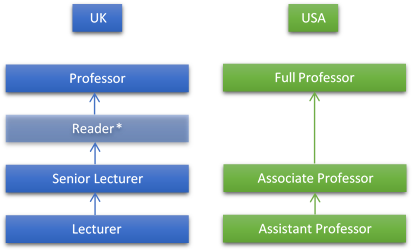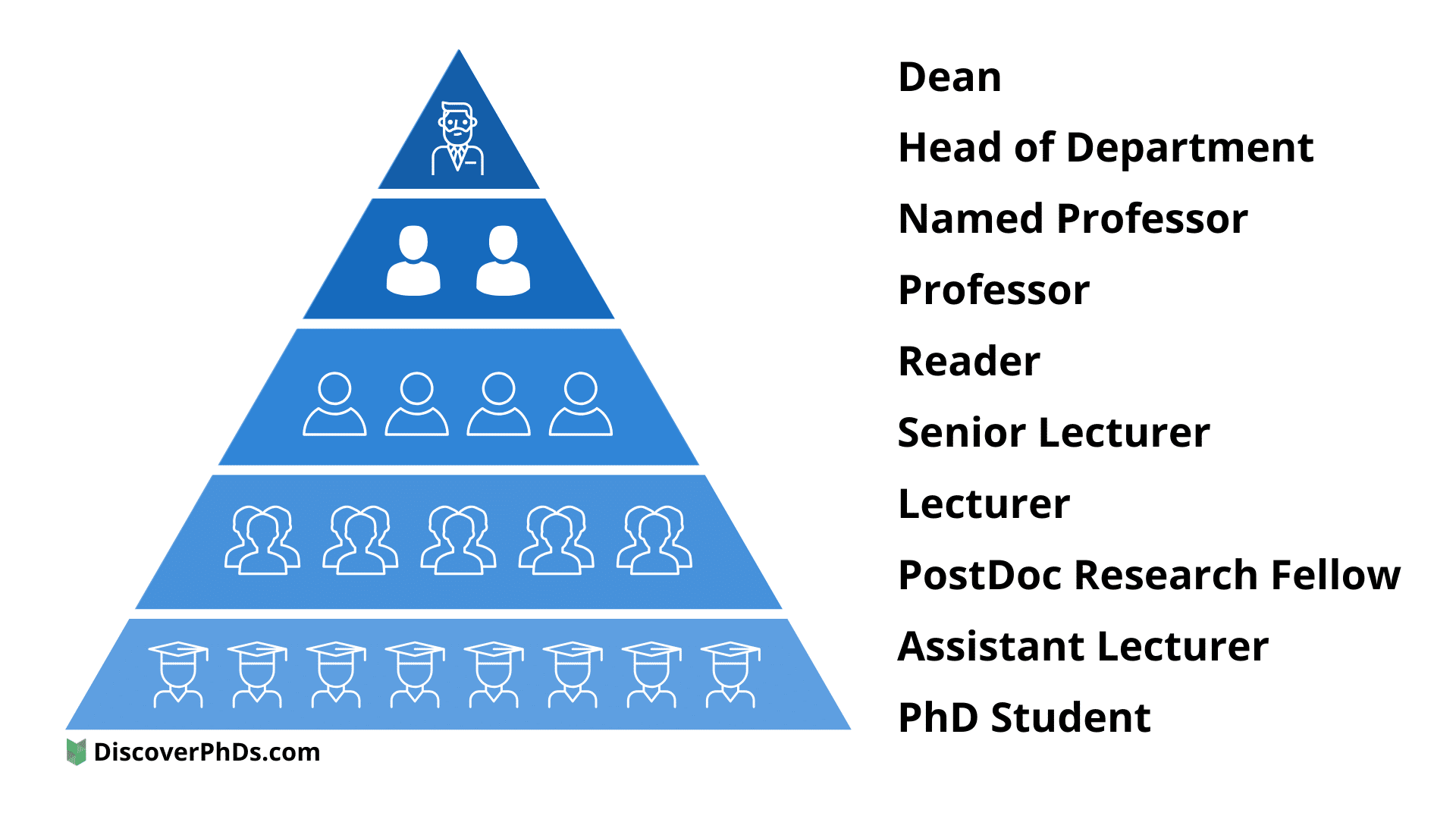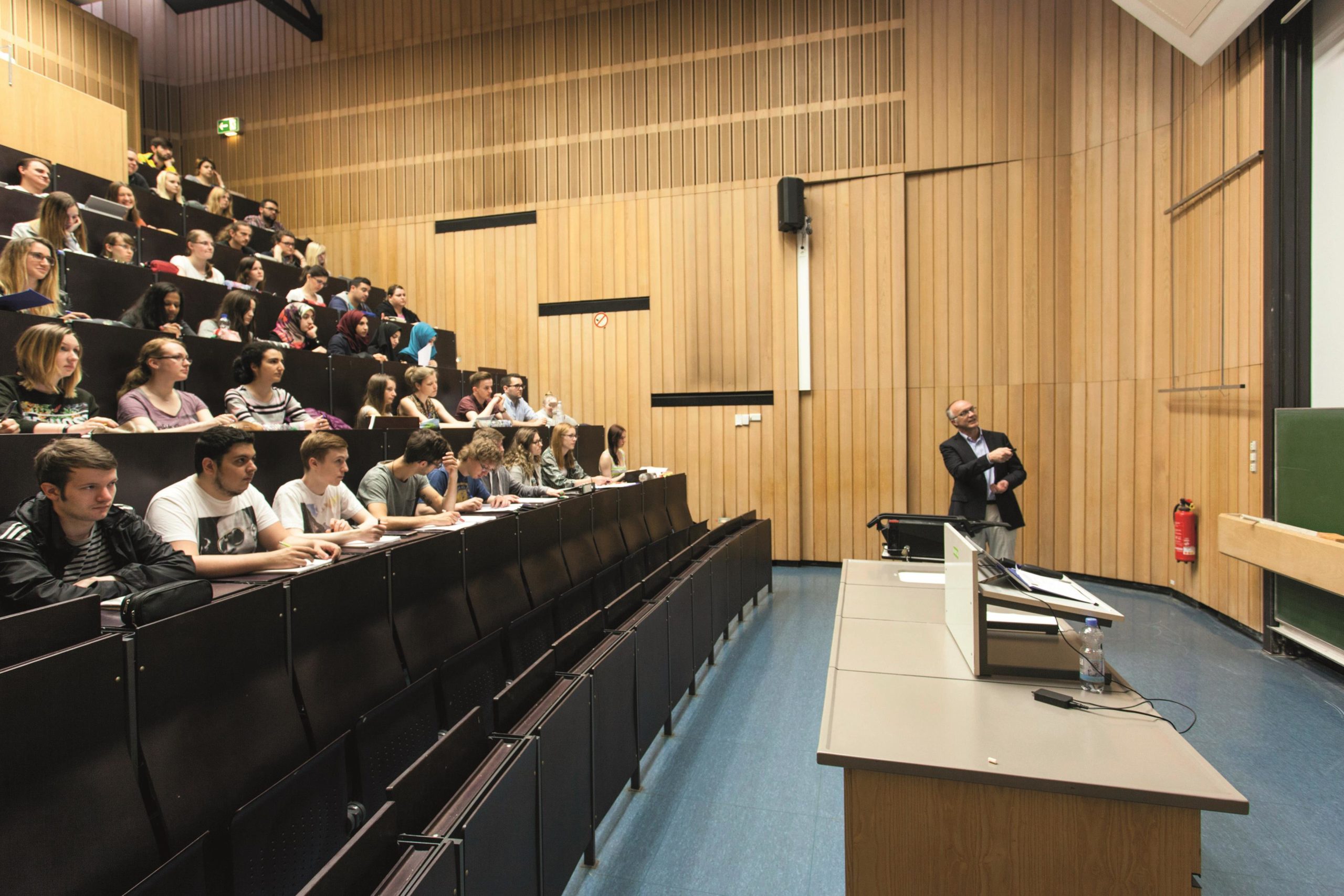What Qualifications Do You Need To Be A Lecturer Uk

Some universities dont mind if its a Bachelors or a Masters but some do prefer a post-graduate qualification too.
What qualifications do you need to be a lecturer uk. Most lecturing posts in good universities in academic subjects including the arts humanities and sciences require a PhD as a minimum requirement. Youll usually need to be qualified to degree level with a minimum of a 21 in your chosen subject and most employers will also look for candidates with postgraduate qualifications eg. Youll need to have achieved a standard equivalent to grade C4 or above in the GCSE examinations in English and mathematics.
Expertise in a Research Area and a Vision for Future Research. Level 5 Diploma in Education and Training with a specialist pathway for teaching literacy numeracy. After a few years post-doc where you will continue research getting articles published and building teaching experience you then gain your first position as a permanent lecturer.
Lecturers earn between Pounds 25000 and Pounds 35000 senior lecturers up to Pounds 45000 and readers and professors about Pounds 50000. To become a lecturer you must take the UGC NET National Eligibility Test if you want to be able to teach in collegesuniversities anywhere in India. You can get into this job through.
Previous teaching experience is also highly regarded. In order to become a university lecturer in the UK you first need to get into a PhD program. Higher qualifications are always preferred.
Youll need a good degree pass for example first class or upper. You may think very differently in your final year or during your taught masters. The application process usually starts in March and the exam is usually in July.
For postgraduate teacher training programmes youll need to hold an undergraduate degree awarded by a higher education provider in England or Wales or a recognised equivalent qualification. Complete a Bachelor degree in your chosen field of. This specialism formed from your PhD will help to guide and form the ongoing direction of your research.















